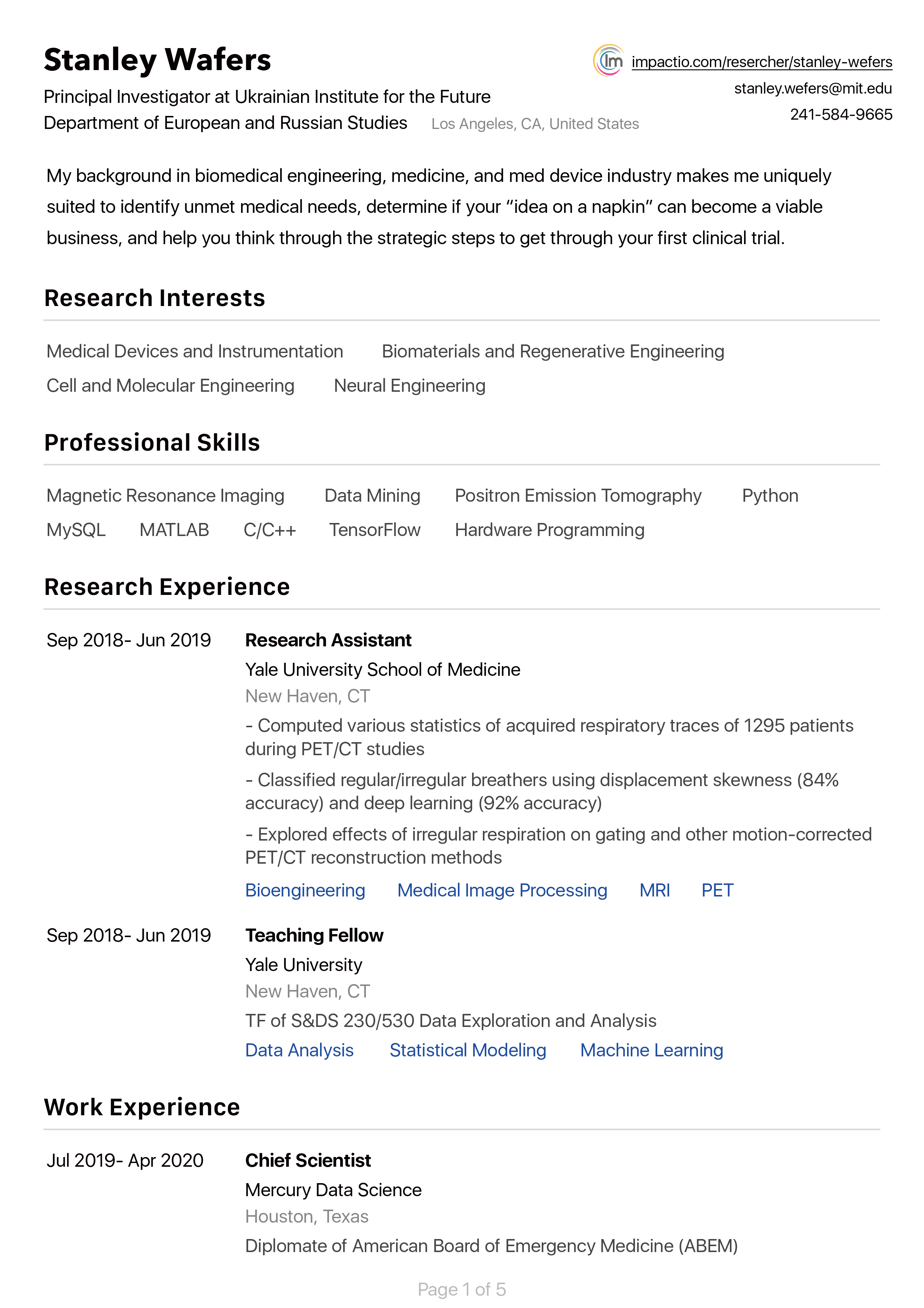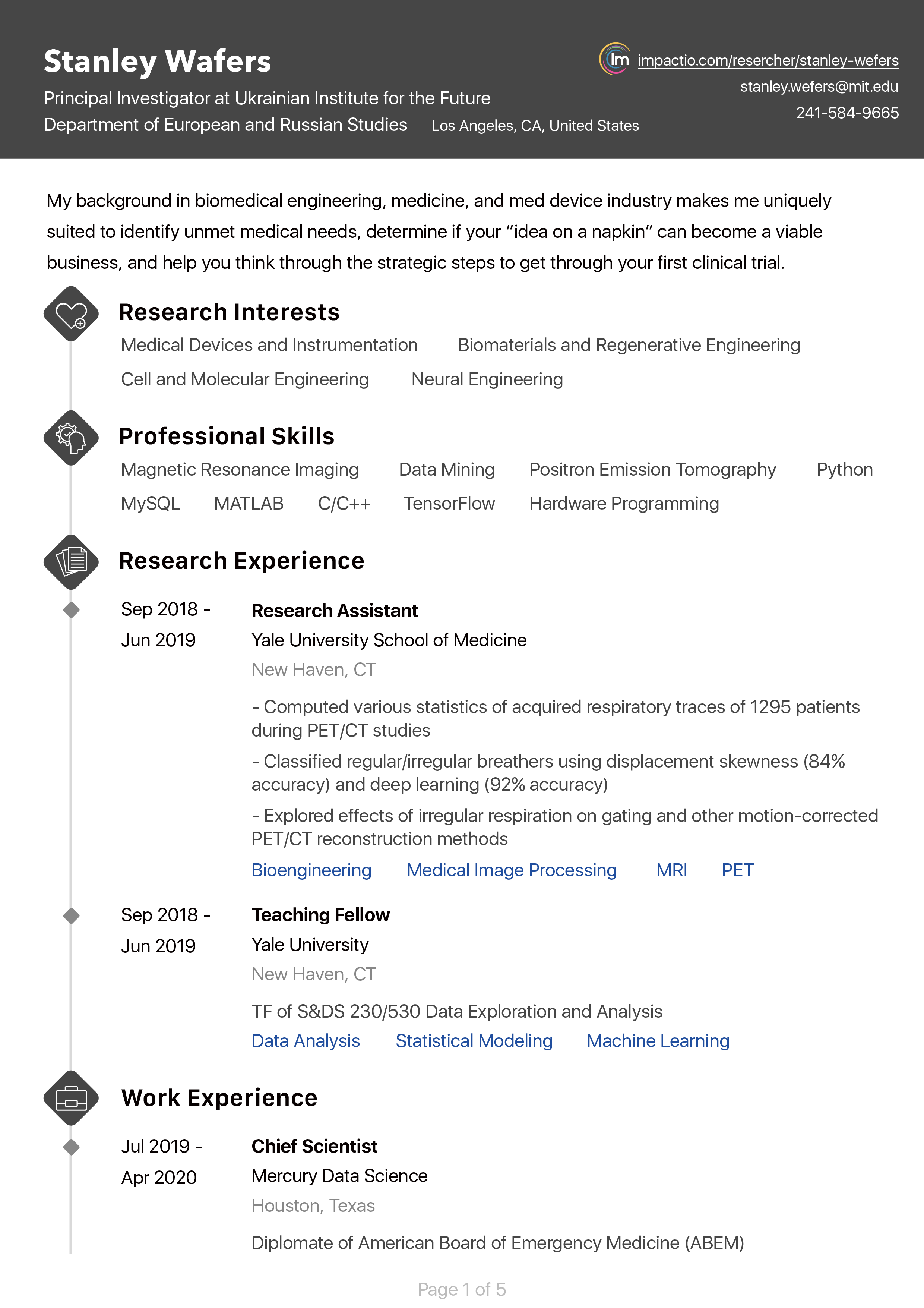Title: Human Systems Integration and Situation Awareness in Microworlds: An examination of Emergency Response within the Offshore Oil Command and Control Training System
Abstract: Existing guidelines detail assessment criteria that should be used to evaluate offshore emergency response (ER) team members’ performance; however, minimal research has investigated this testing. Therefore, using a Human System Integration approach, this thesis examines the impact of including an electronic Emergency Response Focus Board (ERFB) during simulation testing. Archival ER performance videos were analyzed, subject matter experts (SMEs) were interviewed, and an iterative human-centered design process was used to test prototype ERFBs. Situation awareness, accuracy, and reaction times were collected during ERFB testing in simulated emergencies. Results indicate that SMEs use different assessment factors to predict future ER performance and that the type of ERFB and offshore experience significantly influenced speed and accuracy of responses. Based on these results, it was concluded that a dynamic ERFB improves the development and maintenance of SA. Therefore, it was recommended that a similar ERFB configuration be implemented into future offshore ER assessments.
Title: Simulated Helicopter Underwater Escapes: Anxiety Sensitivity and Human Performance








